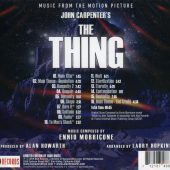


Is it possible for a film to have too many ideas? Anything’s possible, of course, in the realm of science fiction. By exploring an unspecified futuristic society, writer/director Omar Naim raises disturbing sci-fi conundrums in the wildly original The Final Cut. Unfortunately, he leaves the bulk of his more pressing issues in the shadows and opts to clear the guilty conscience of the film’s lone protagonist.
The anti-hero of Cut is the ironically-named Alan Hakman (Robin Williams), a cutter who specializes in manipulating the Zoe footage of society’s shadiest characters. Say what? Let me explain. In the future, a parent can choose to pay for their newborn to receive a Zoe implant. The device records an individual’s experiences from a first-person perspective. Everything goes to tape, from potentially humiliating private experiences to the major triumphs in a person’s life.
After death, professional cutters are hired by families to splice the recorded Zoe footage into touching, ESPN-style montage memorials of the deceased. Needless to say, the technology is equally praised and condemned, and Cut’s premise, alone, opens so many doors to interesting debates. If you knew your actions were being recorded for someone to see later, would you live your life differently? Are cutters gods because they can edit out unsuitable segments of your existence? Since babies can’t make rational decisions for themselves, is it fair to saddle an infant with a Zoe implant?
Cut doesn’t neglect these dilemmas altogether, but it also doesn’t shine a bright enough light on the questions to ever produce acceptable answers. Budget issues might have prevented Naim from taking his film down all the dark alleys he initially wanted to go. His picture has the rough suggestion of a student film or a scantily-financed endeavor that could be blown to trilogy-sized proportions if given the time and cash.
And so, several tantalizing aspects of this society are hinted at but rarely explored. James Caviezel comes down from his cross to play Fletcher, a former cutter now working to bring down the corporation that manufactures Zoe implants. His plan involves sullying the reputation of a deceased corporate attorney for the company, and he needs to get his hands on footage that Hakman obtained. Alan, meanwhile, learns something about his own Zoe implant, which puts him in touch with a subculture of individuals who reject their given implants and have concocted a way to disrupt the recording procedure.
It all sounds so very interesting, but Cut shrugs most of this off its shoulders to pursue a dark secret in Alan’s past that’s not nearly as engaging. The script sets our protagonist on a convenient course to unravel this mystery, and it all comes together rather smoothly. A better film exists in Cut, one that spends more time on the assorted moral issues raised by Naim’s premise. Here, the director juggles some enticing threads, then chooses the least interesting one to follow through on.

The final cut hurts the most.
Review by Sean O’Connell © 2004 filmcritic.com

















![Large Lilly Pond and Plants Photo [221205-30]](https://www.filmfetish.com/img/p/2022/12/221205-30-big-lilies-11x85-web-170x170.jpg)
![Catherine Bach Publicity Photo (1985) Wearing Daisy Dukes [210906-17]](https://www.filmfetish.com/img/p/2021/11/210906-0017-catherine-bach-85x11-web-170x170.jpg)
![Bruce Lee in Enter the Dragon 10×8 inch Original Publicity Photo Jeet Kune Do Club [B12]](https://www.filmfetish.com/img/p/2020/11/bruce-lee-photo-b12-01-170x170.jpg)
![Cult Cinema Queen Julie Strain Publicity Photo [230215-17]](https://www.filmfetish.com/img/p/2023/02/230215-17-julie-strain-85x11-web-170x170.jpg)
















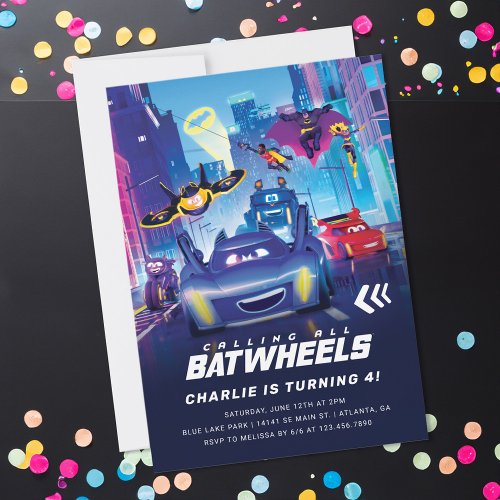





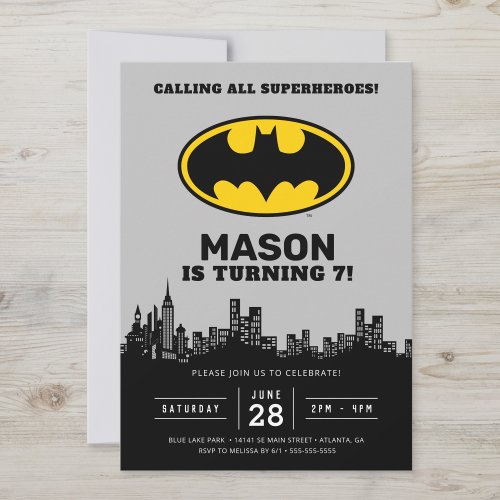


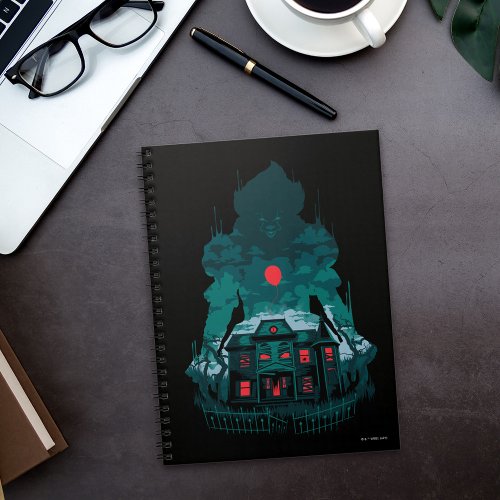




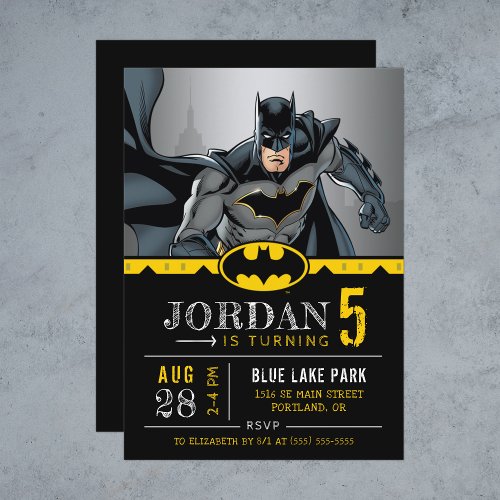















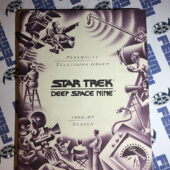


![Marvel Comics Spider-Man Superhero Character 18×24 inch Poster Art Print [N30]](https://www.filmfetish.com/img/p/2023/02/P1490294--170x170.jpg)

![Daredevil Issue Number 182 (May 1982) Frank Miller [12449]](https://www.filmfetish.com/img/p/2020/02/daredevil-12449-01-170x170.jpg)


![The State Theatre Downtown Los Angeles (1963) Boris Karloff Corridors of Blood Marquee [221010-21]](https://www.filmfetish.com/img/p/2022/11/221010-21-state-theater-11x85-web-170x170.jpg)
